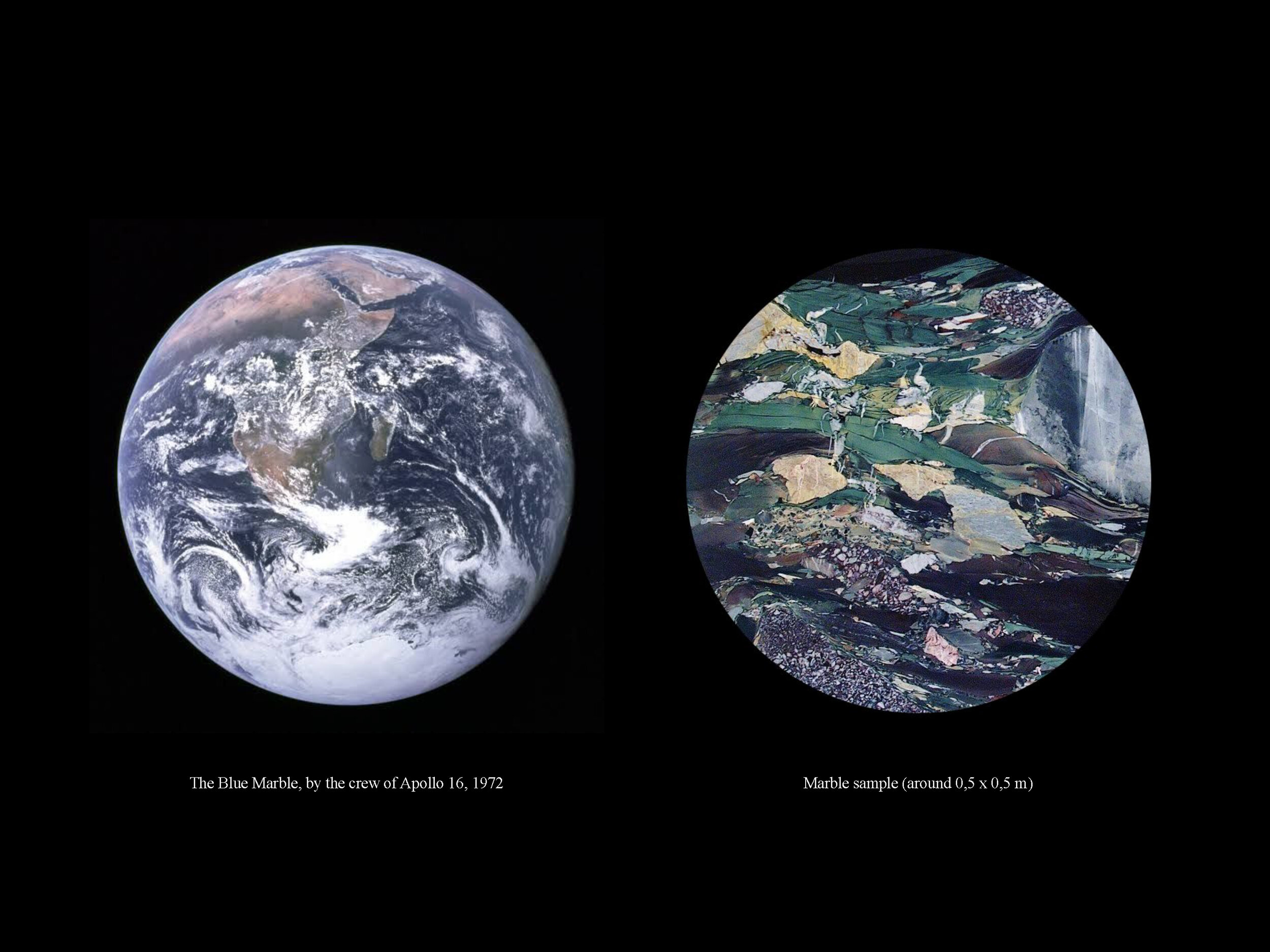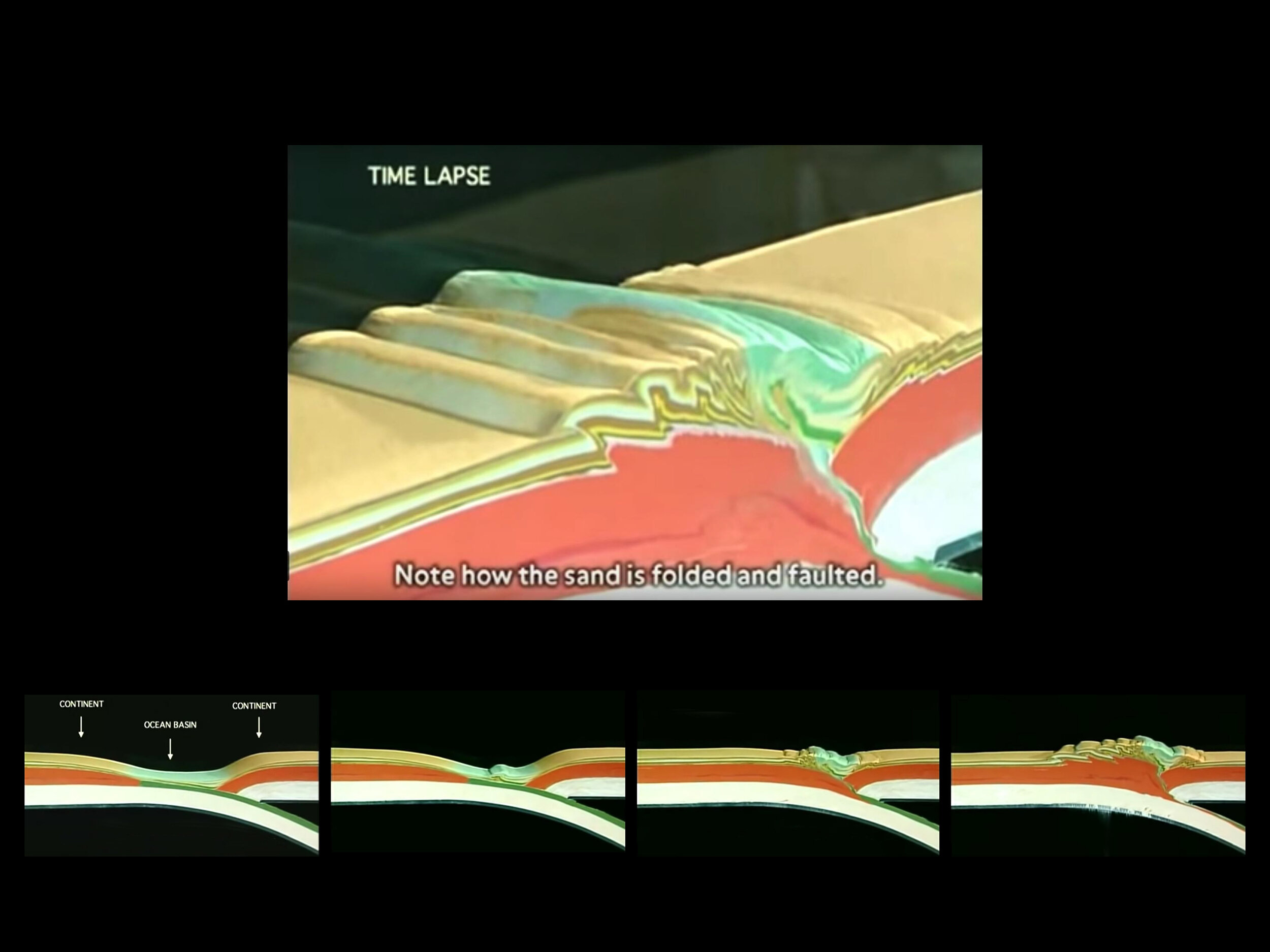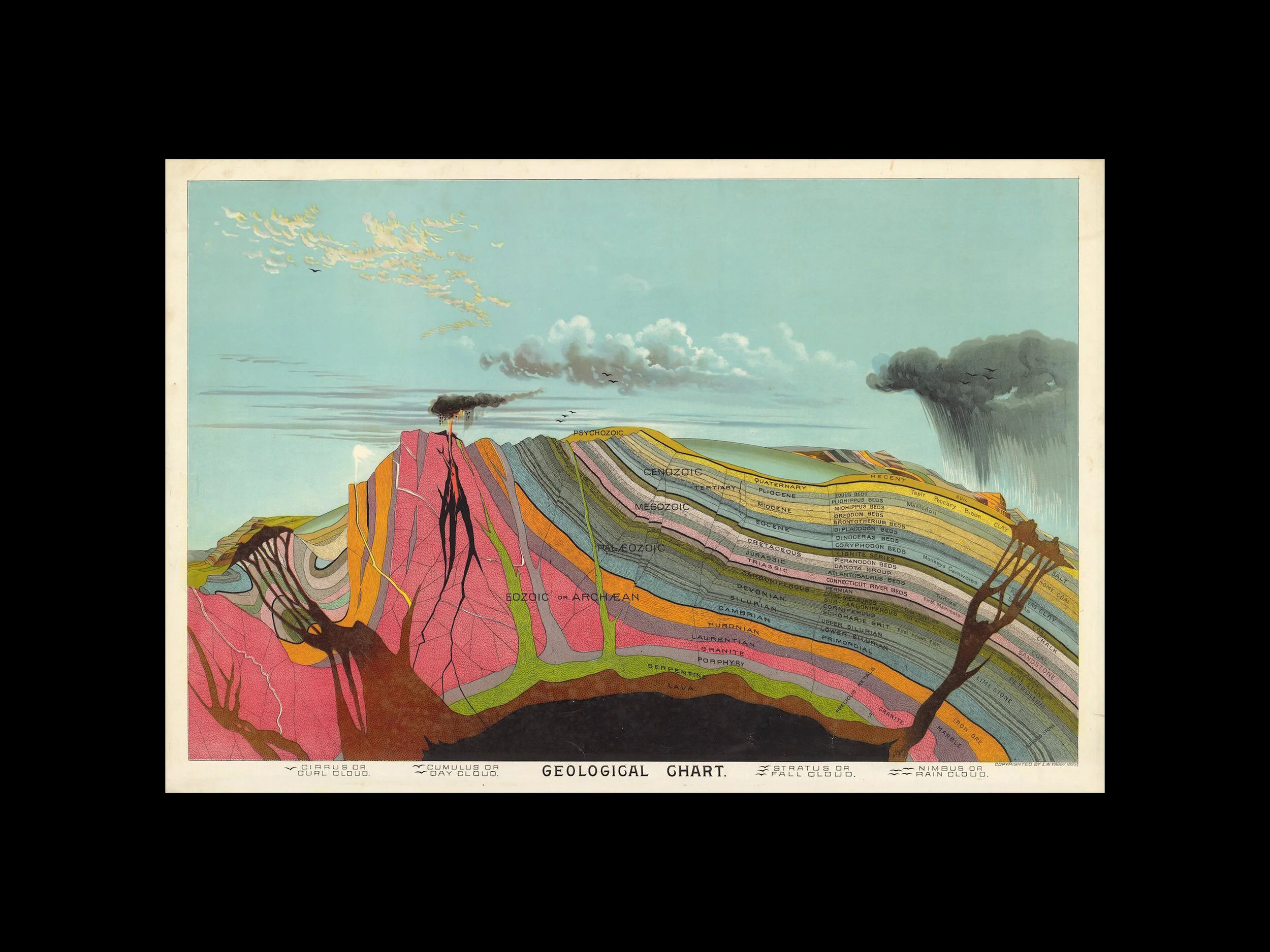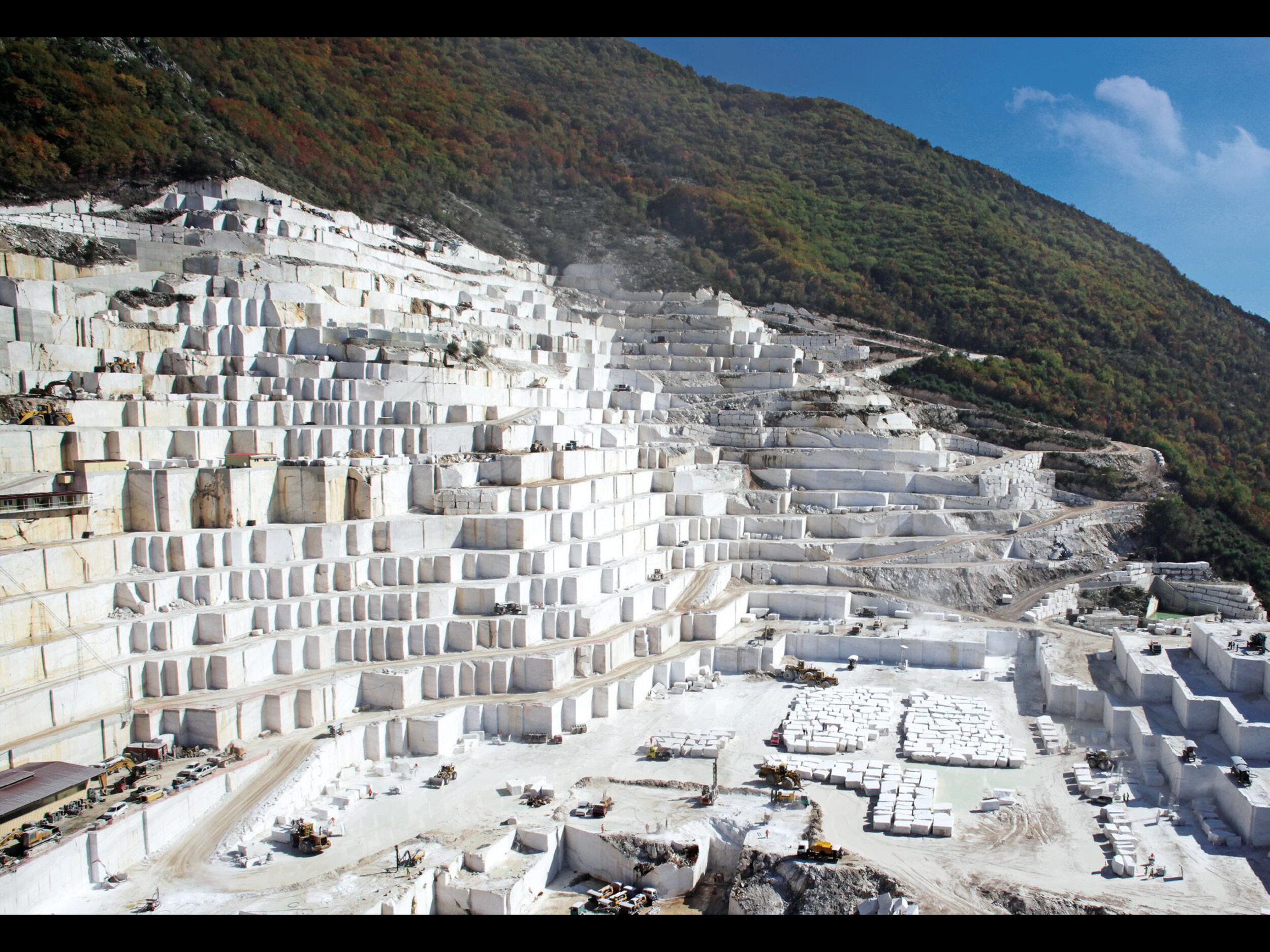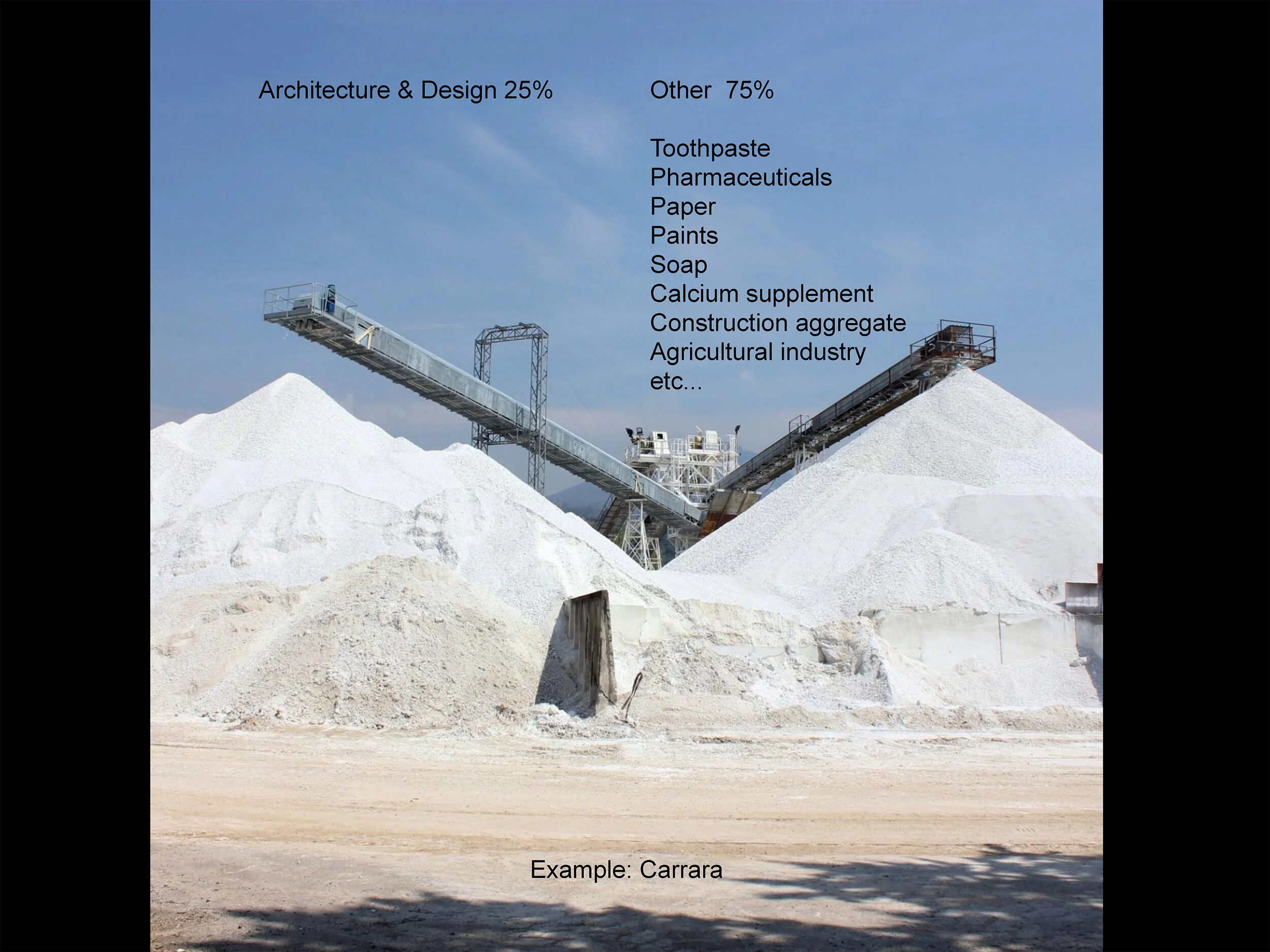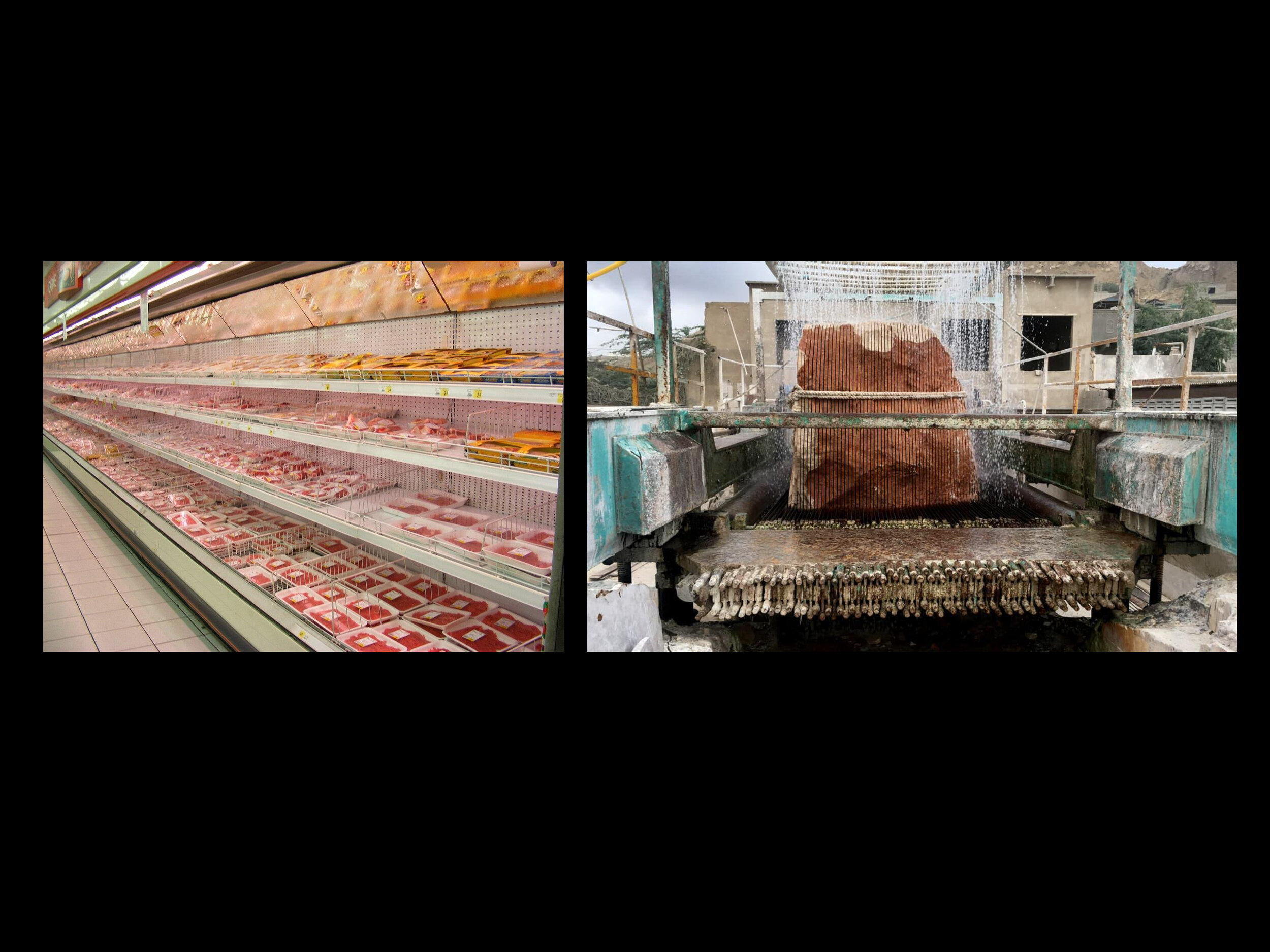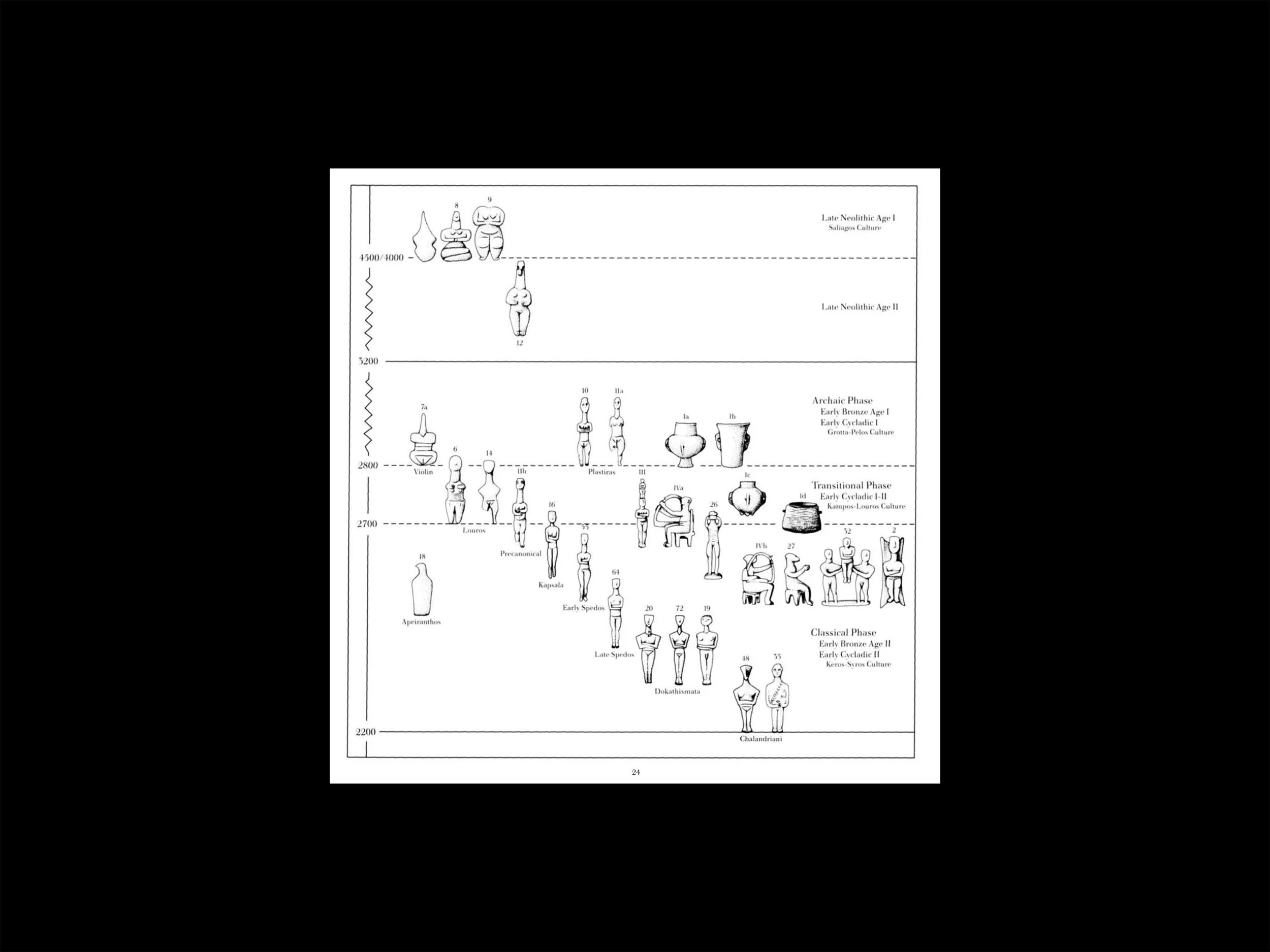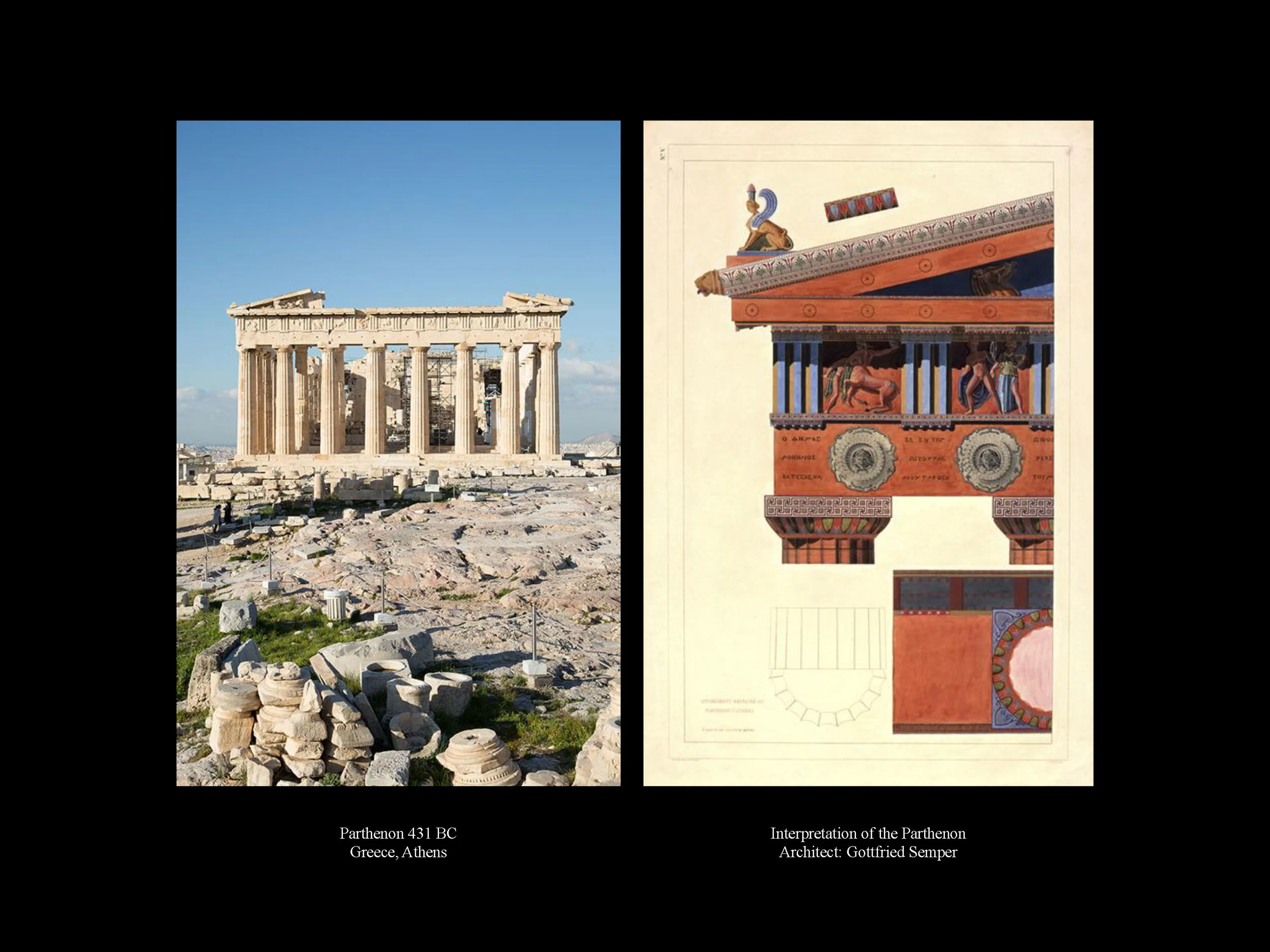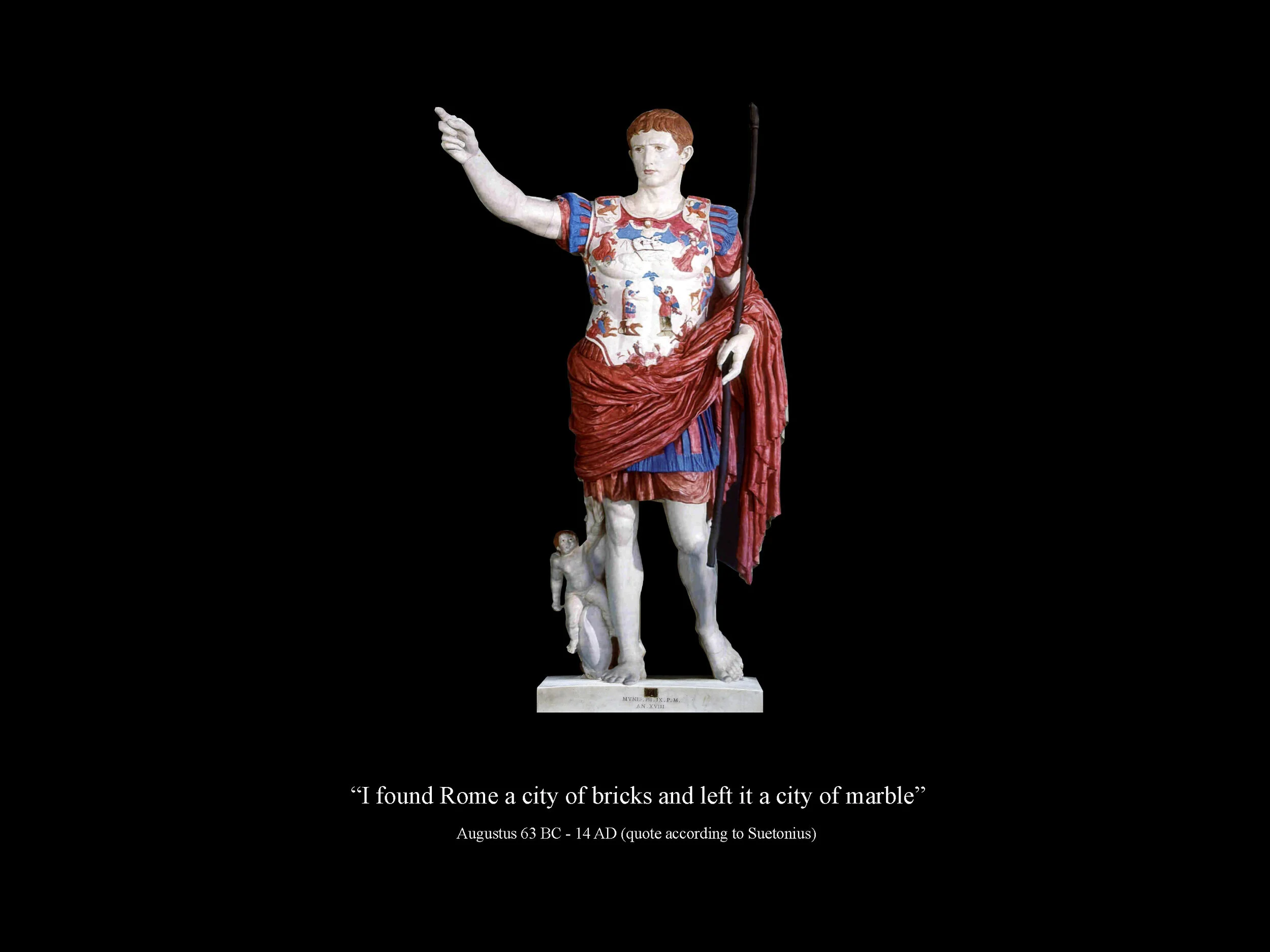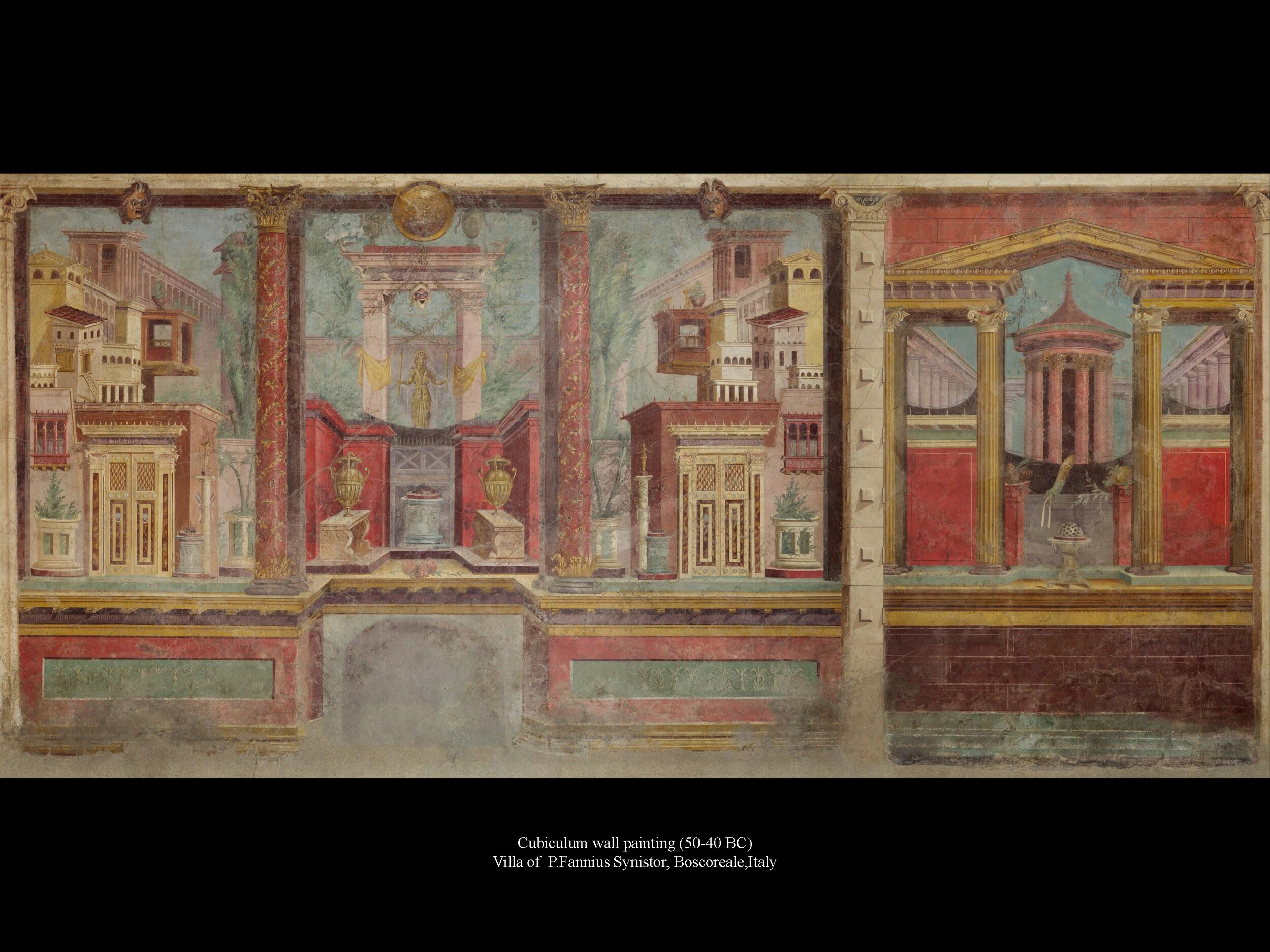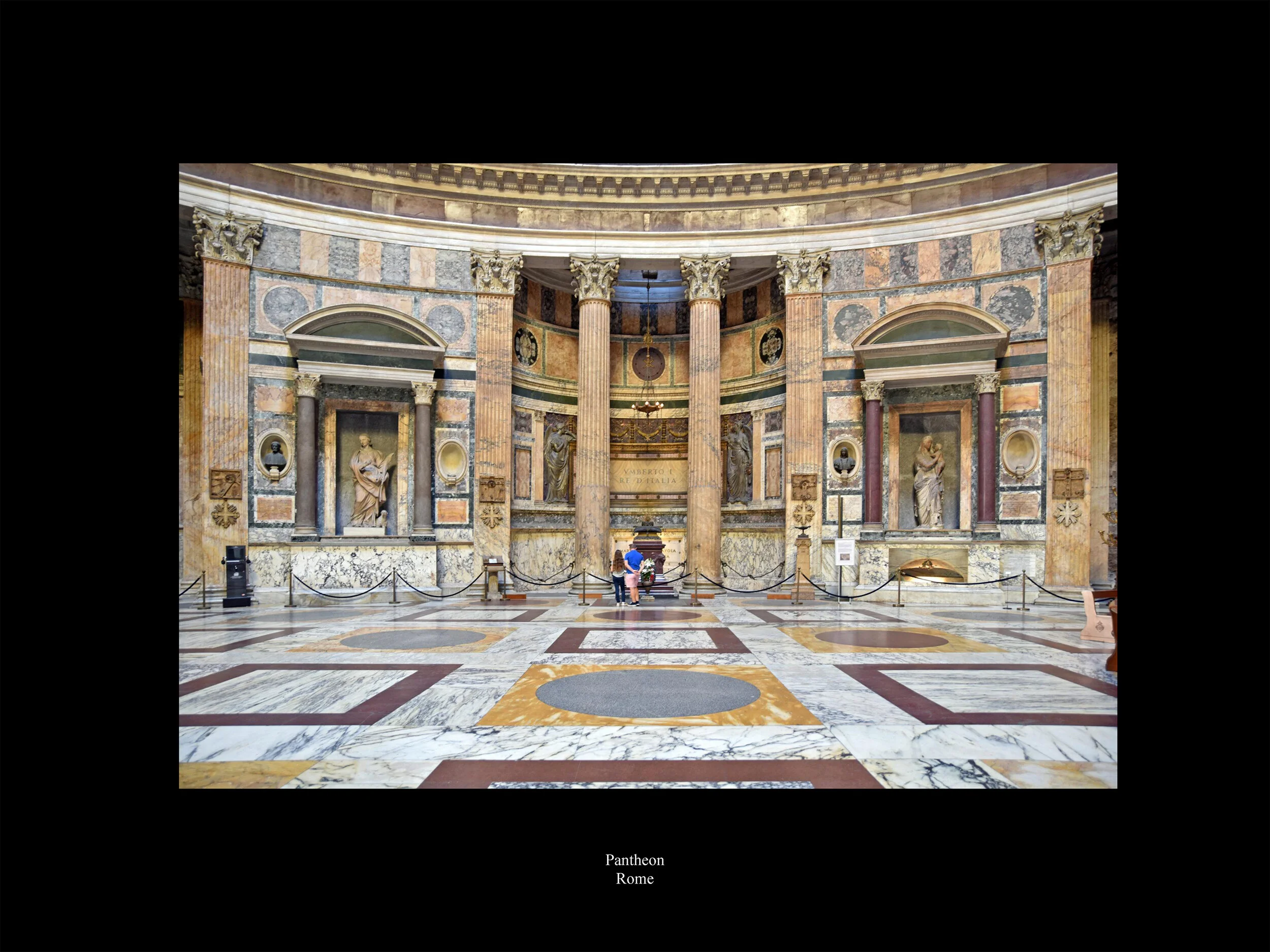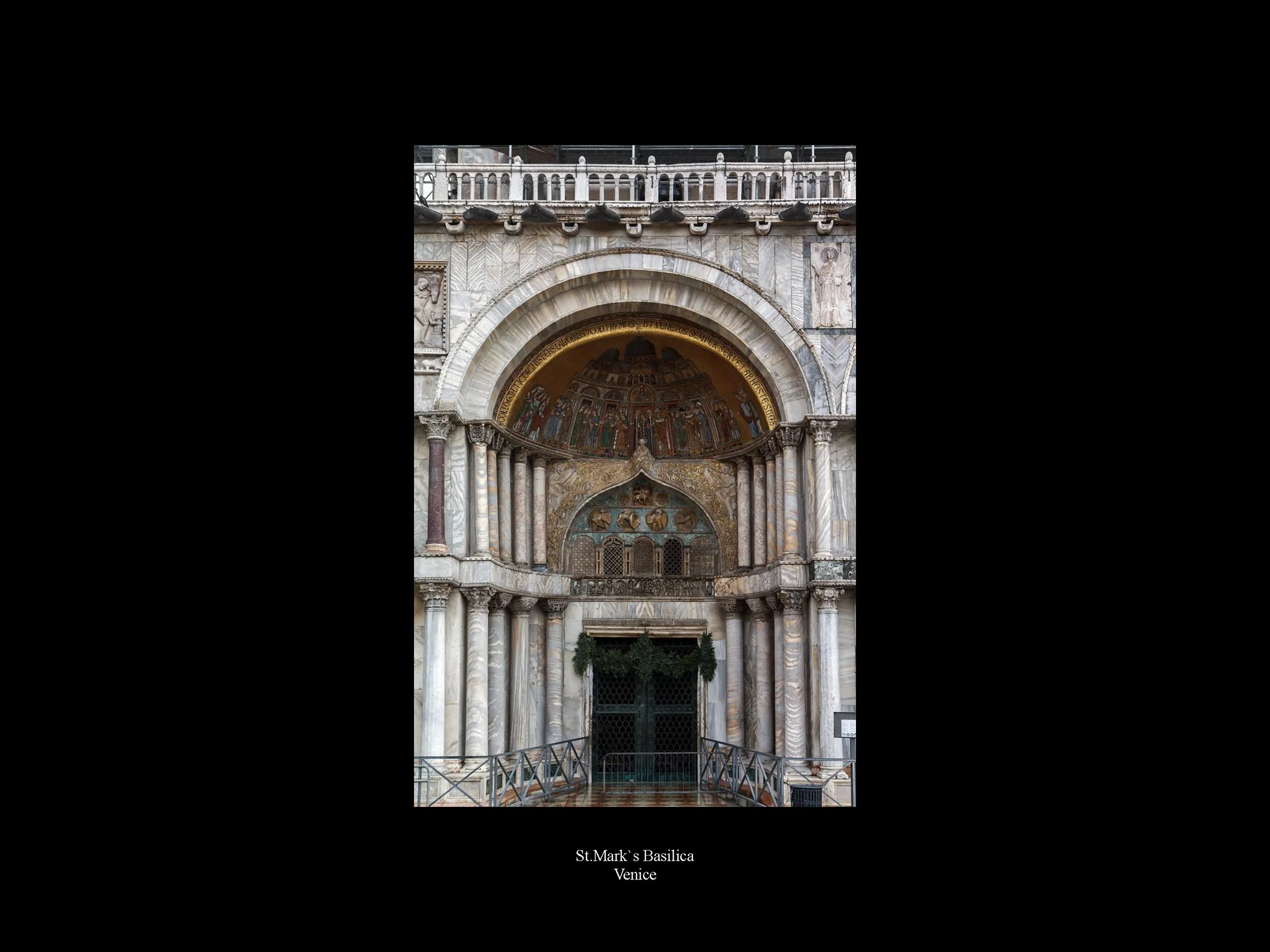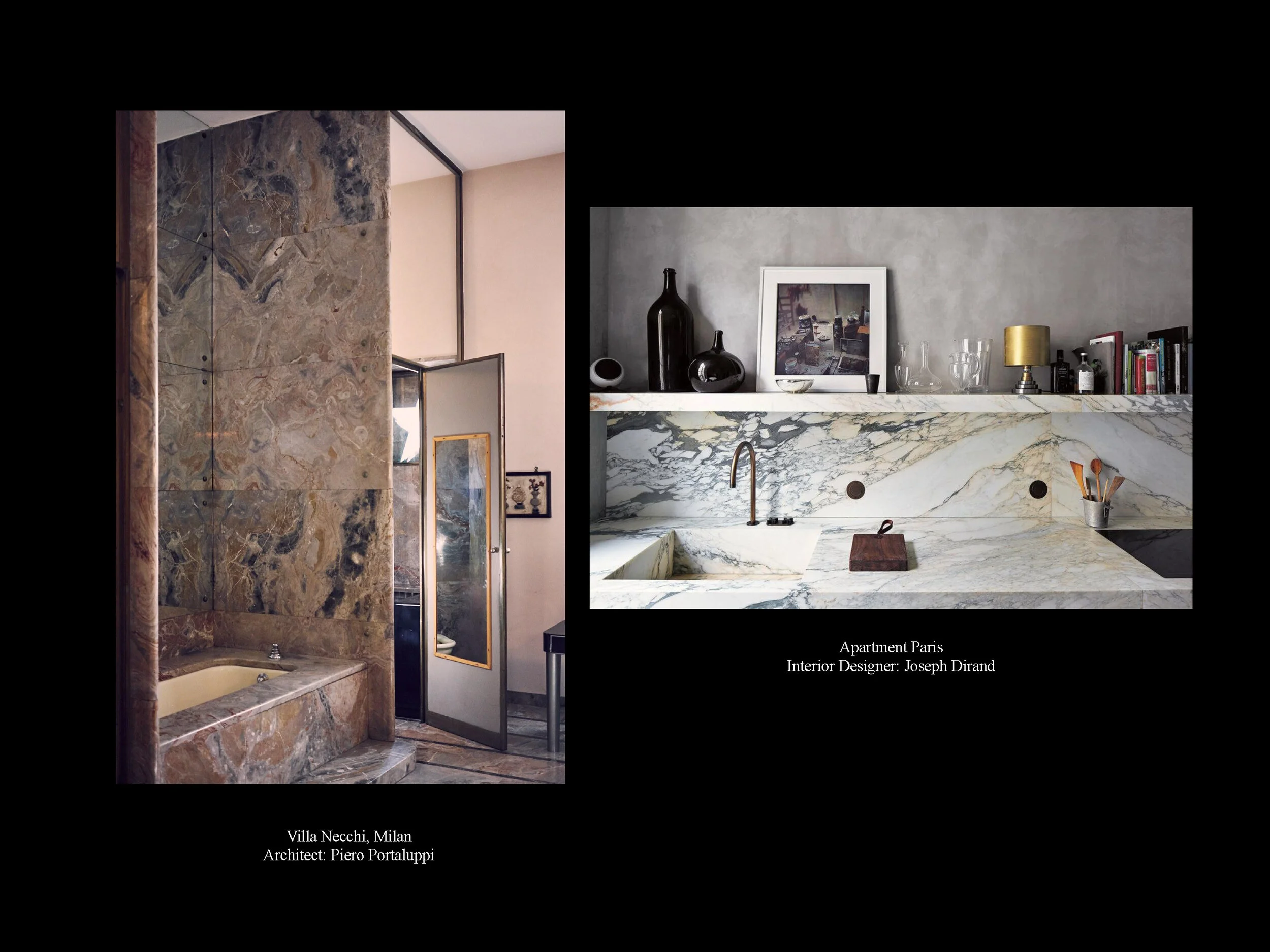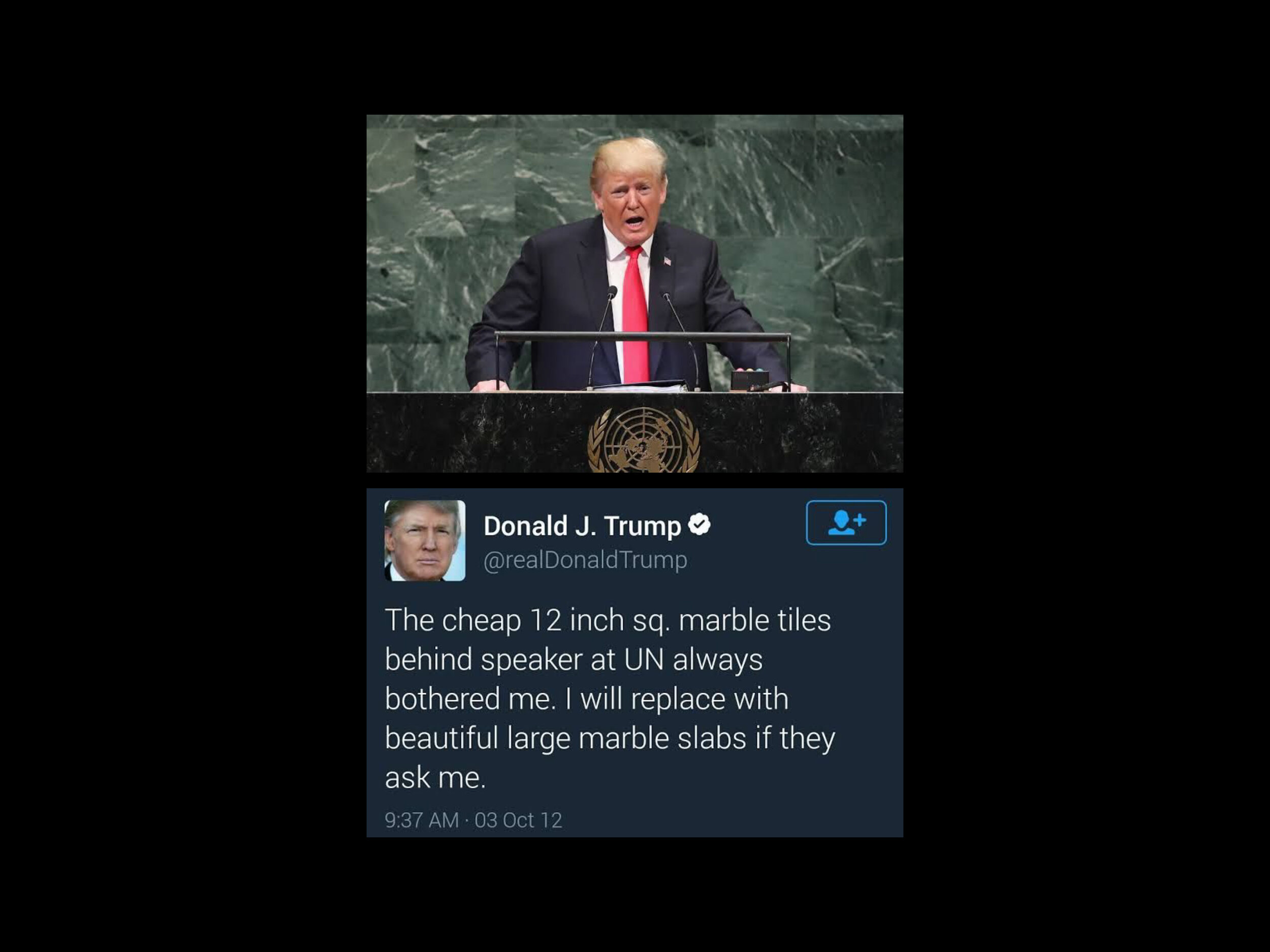The lecture was part of the AHRA conference program / Architecture and Collective Life at the University of Dundee, Dundee, Scotland, done in collaboration with Marie-Louise Raue & Paul Francis Feeney.
We wanted to explore the role of Marble in Society. Marble has a special place in architecture and indeed represents "something." It was this "something" that we wanted to understand through a written text and the lecture itself. The lecture traces marble from its origins in the Cycladic figurines and the architecture of early antiquity. We know now that most of these figurines and temples were made of marble that was later painted over. That made us question whether an alternative value could have connected humans to the precious stone in the past. The research showed that the ancient greeks applied great care to find the purest marble for these figurines. However, this same marble was then painted over, sometimes in full, leaving little or no trace of the stone itself. To a modern subject, this might seem pointless. However, this does make sense if one considers the interior integrity of the stone in relation to its spiritual purpose. The lecture goes through the different uses marble has had in different historical periods and for different industries. We wanted to address how we can use marble now or consider whether we should use it at all.
The topic interested us because marble has a powerful representative effect. As is often the case, where marble is, power resides. Hence, it matters if we use marble in a luxurious hotel, church, or public plaza. Furthermore, this opens up a dialogue about politics' role in this development. The market demands more extraction (in the case of marble), yet the market, being an abstract entity, has no moral obligation to restrict its use. If a luxurious hotel wants to empty a whole quarry, the business of the quarry would naturally consider this a success, that is, in our current economic climate. After all, the reason for having a quarry business is to get rid of the stones. Politics, and its juridical framework, have the potential to change this. How this change could happen is the underlying theme of the lecture.

